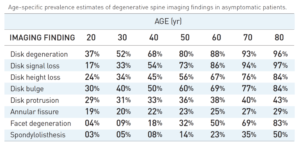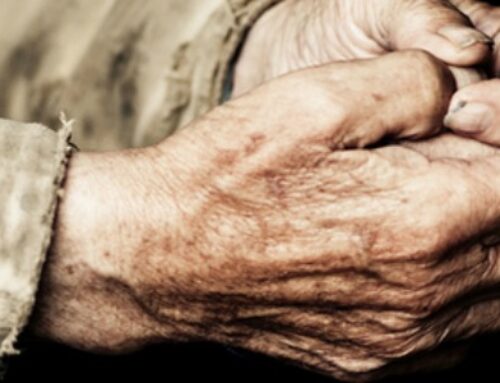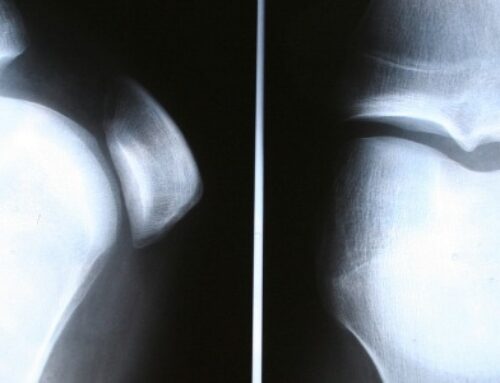There is a whole field of science dedicated to pain, did you know that?
And do you know what’s interesting? Over the last 10 to 15 years they have consistently destroyed all we thought we knew about pain, especially chronic pain.
Fortunately they have replaced it with valuable, but head-scratching, information.
We all know that when we get injured, we’re in pain. But are we? Or maybe it’s the definition of injury that we should review?
A broad review of studies showed that 37% of healthy, pain free subjects in their 20s or 68% of subjects in their 40s had disc degeneration!
Table 1: Spine images of asymptomatic people. Adapted from Table 2 in Brinjikji et al. (2015), from Rey Allen http://www.reyallen.com/pain-science/
Another study determined that on average 23% of asymptomatic patients 50 years old or older had rotator cuff tears. (Tempelhof, Rupp, Seil. Age-related prevalence of rotator cuff tears in asymptomatic shoulders. Journal of shoulder and elbow Surgery. 1999 Jul-Aug.)
What makes a tear or disc degeneration hurt then? We don’t know. What we know is that when they hurt, they hurt. When they do cause pain, it’s not in your imagination, you are in pain, so don’t start beating yourself up because maybe you shouldn’t be feeling pain. But why are you in pain and your friend is not? That’s still a mystery.
The other thing we do know is that while pain is not in your imagination, it’s still in your head. Pain emanates from the brain. Yes you read it right, your brain decides if you’ll feel pain at a certain event occurring in your tissue.
You probably already know that we all have different pain thresholds, that’s because we all have different brains and different brain reactivity. Part of it is physiological, part is psychological, and part is sociological. That’s the biopsychosocial model (BPS).
When your brain is busy you might not feel pain, but once you’re back to a safe, or quiet place, you might notice that you’re in pain.
Somebody rear-ended me a couple of years ago. My newborn was in the back of the car, and while he wasn’t hurt, the shock startled him and he cried. I rushed out of the car, got him out of his car seat, checked him all over and held him as close as I could to calm him down. My brain was busy being worried about him and about being late to his appointment. It was only later that night that I noticed my knee was hurting because it hit the steering wheel.
The bruise had been there for hours, but my brain had other things to attend to so it wasn’t telling me I was in (mild) pain.
Pain is highly personal, so don’t under-estimate somebody else’s pain because the-same-thing-happened-to-you-and-it-wasn’t-that-bad.
Also, don’t feel ashamed because you’re in a lot of pain but you know somebody else who had the same thing and they-were-not-in-pain-so-maybe-you’re-a-wimp. You’re not.
You might need to treat your injury differently though.
Maybe try something different, like Rolfing?
I’m just saying… there are other options out there if you’re not satisfied with Ibuprofen or the traditional model of care. I’m proud to be offering one of them here in Portland.
Give me a call!







